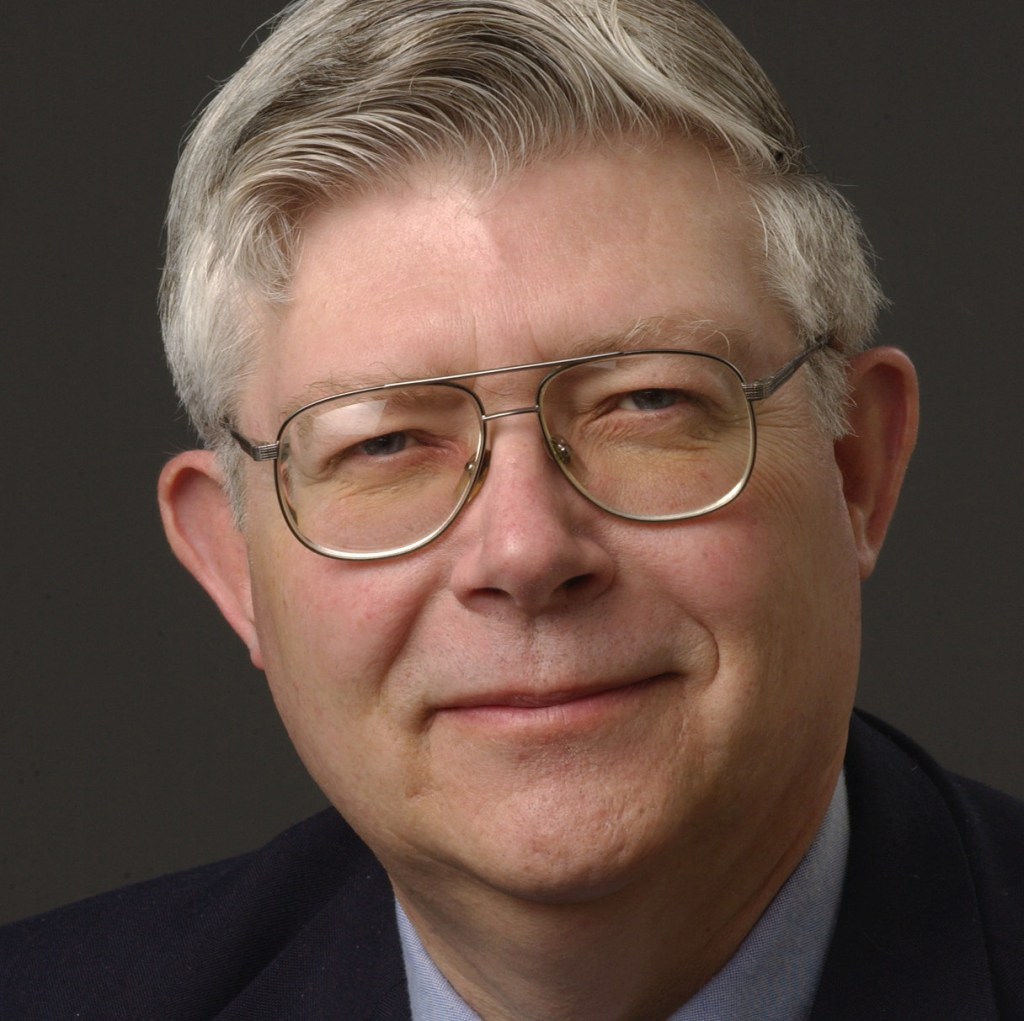I’ve recently taken law enforcement and political leaders to task for the excessive use of military-style weaponry and tactics in handling minor crimes even in small towns, and for the misapplication of asset forfeiture laws meant to deal with major offenses to innocent people who happened to have large amounts of cash.
Those issues remain important, but they are matters of poor leadership and should be dealt with by reforming our laws. But now, something is going on with our cops that potentially could yield a far greater negative impact on how they deal with ordinary citizens at the street level.
I still believe most police officers, despite the hardships inherent in their jobs, want to deal fairly and honestly with the people they serve, even though there are exceptions to that in every department.
But because of the politicization of recent uses of force by some officers in dealing with minorities, where atypical and disputed incidents are presented by major media outlets and nationally prominent activists and politicians as routine police actions, we may be worsening the alienation of big-city officers from the populations they serve.
We can’t go on telling each other half-truths (or worse) without affecting how we relate to each other – as proved by the murders of two New York Police Department officers, one Hispanic and one Asian, after a mob shouted, “What do we want? Dead cops!” on the streets of that city just a few days earlier.
Now we have New York cops turning their backs on Mayor Bill de Blasio because they believe he has not stood up for them over a case in which a black man died while resisting a legal arrest.
The circumstances of that death remain rightfully controversial. Yet, the racial disparity in deaths caused by police action isn’t what we’re told it is.
In terms of absolute numbers, whites are more likely to be killed by police. In 2012, according to the Centers for Disease Control as reported by the Poynter Institute, “Over the 13-year period from 1999 to 2011, the CDC reports that 2,151 whites and 1,130 blacks were killed by cops.”
Further, most black homicides are not caused by police. As The Manhattan Institute’s Heather Mac Donald noted Dec. 22, “In 2013, there were 6,261 black homicide victims in the U.S. – almost all killed by black civilians – resulting in a death risk in inner cities that is 10 times higher for blacks than for whites. None of those killings triggered mass protests; they are deemed normal and beneath notice.”
Still, Poynter’s report also noted that, in a country that is about 63 percent white, “the probability that an African-American will die in a confrontation with police is much higher than for whites.”
However, as Mac Donald pointed out, “In 2013, blacks made up 42 percent of all cop killers whose race was known, even though blacks are only 13 percent of the nation’s population,” and the number of blacks killed by police has declined by half since 1981, when overall violent crime rates were much higher.
Yet, many in our culture, including officials ranging from the White House to New York’s Gracie Mansion, have seemed to focus on deaths caused by police to the exclusion of all others.
Some critics complain that citing only black-on-black crime rates ignores the fact that most white murder victims are killed by other whites, so most murders are intraracial.
While true, that’s beside the point when cops are being blamed for large numbers of black deaths.
As The Washington Post noted in its Pinocchio blog on this topic this week, “It is true that the rate of black homicide victims and offenders were disproportionately represented compared to the general population, the 2011 BJS (Bureau of Justice Statistics) report found. The black victimization rate (27.8 per 100,000) was six times higher than the white victimization rate (4.5 per 100,000). The black offending rate (34.4 per 100,000) was almost eight times higher than whites (4.5 per 100,000).”
We will not help beleaguered inner-city residents if our leaders continue to ignore crime’s causes and fail to protect its victims.
If we continue to blame all our police for the perceived actions of a few (especially where those perceptions are contested by the investigations of prosecutors and the conclusions of juries), we will harm minorities themselves in even worse ways than today.
That’s because police investigations and arrests in those communities will be inevitably hindered by the belief on the part of many officers that their actions will be judged not by the provisions of the law, but by headline-grabbing politicians and mobs in the streets.
And who will that hurt? Only the minority communities, where the need for police protection is greatest and the victims are definitely not part of the majority population.
M.D. Harmon, a retired journalist and military officer, is a freelance writer and speaker. He can be contacted at:
mdharmoncol@yahoo.com
Send questions/comments to the editors.


